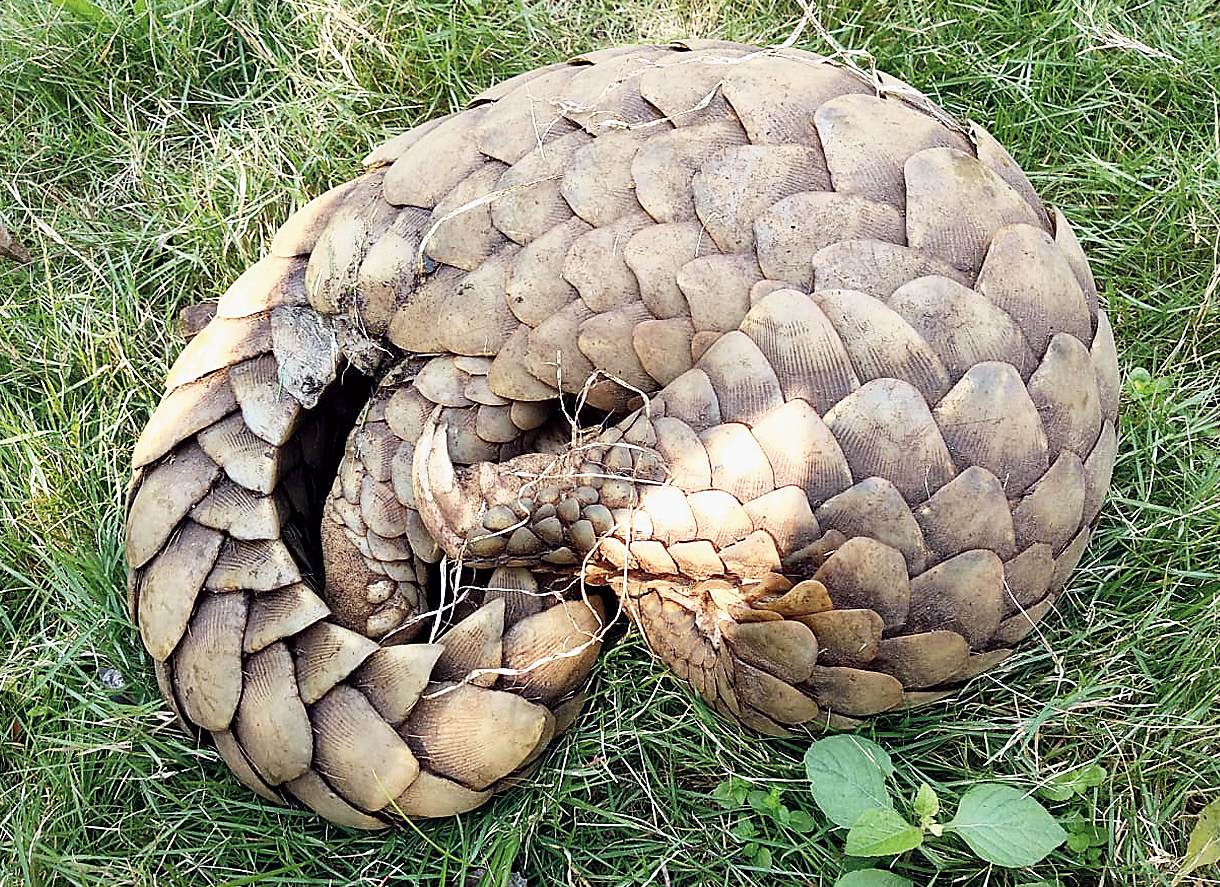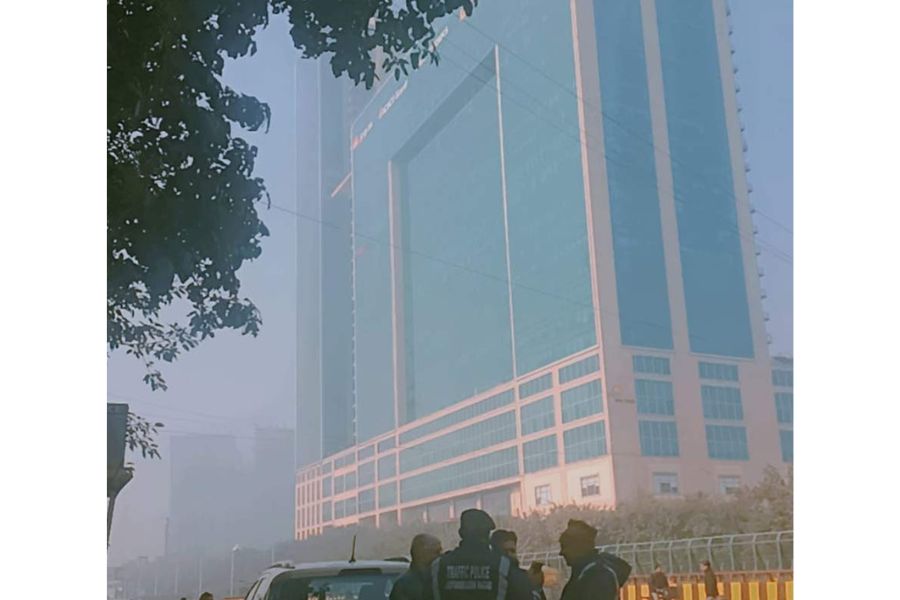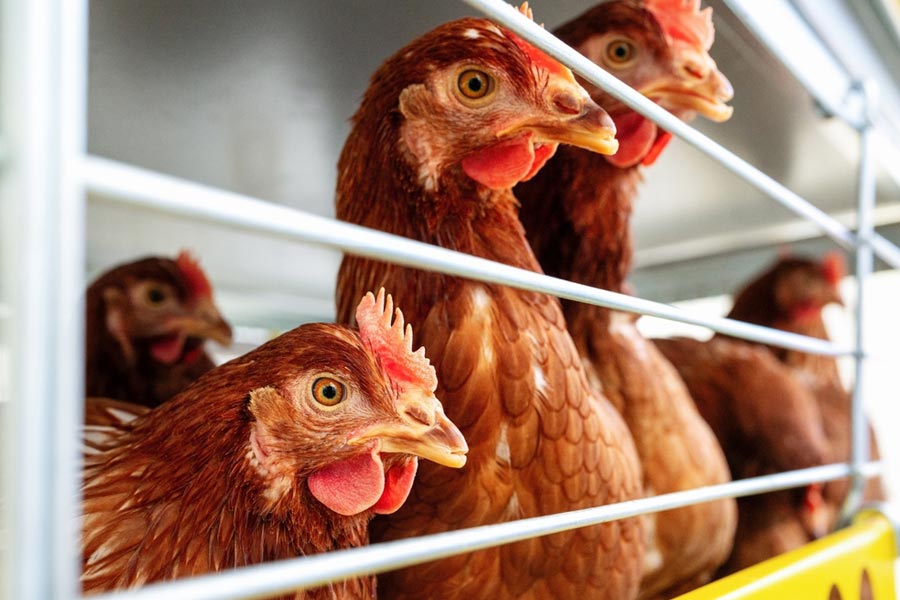A pangolin that possibly died of asphyxiation while being smuggled in a sack was seized in West Midnapore early on Friday from a group of seven travelling to Jaigaon in north Bengal by car.
The scaly animal, one of nature’s oddities and globally the most poached mammal, was found after a team from the Wildlife Crime Control Bureau and police intercepted the car on NH-16 near Dantan village around 3am. All seven men in the car, identified as residents of Mayurbhanj in Odisha, were arrested.
“They are part of a gang we had been tracking for a while,” an official at the bureau’s regional office in Calcutta said.
The pangolin is a widely distributed mammal in India, including the forests of Odisha. The dead animal was caught in a forest near where the smugglers live, the official said.
The arrested men said the pangolin, which is poached both for its scales and meat, was alive when they started the journey. “We suspect it died because the mouth of the sack had been tied in a tight knot,” said Mantu Kumar Deb, deputy ranger of the wildlife rescue centre in Salt Lake.
He said the team that intercepted the car knew about the trip because they had posed as potential customers and established contact with the smugglers through “middlemen” a few months ago.
“The gang wanted the delivery to take place in Odisha, which is outside our jurisdiction. So a plan was worked out to bring them to north Bengal,” Deb said.
After much convincing, the smugglers agreed to deliver the animal at Jaigaon, a town in Alipurduar district bordering Bhutan. They were under the impression that the animal would be taken to China.
With shiny scales and pointed heads, pangolins look like miniature dinosaurs. Their diet mainly includes ants and termites and they curl up into an armoured ball to fox predators.
In some countries, pangolin meat is considered “tonic food” because of its “medicinal properties”. Pangolin scales are used as an ingredient in traditional Chinese medicines .
In the illegal market, pangolin scales are valued at $3,000 (Rs 2.16 lakh) a kilo. Its meat costs $300 (Rs 22,000) a kilo. A live pangolin costs around $1000 (Rs 72,000).
Hunting and trade in the two pangolin species — Indian Pangolin (Manis crassicaudata) and the Chinese Pangolin (Manis pentadactyla) — are banned under the Wildlife (Protection) Act, 1972, and the Convention on International Trade in Endangered Species of Wild Fauna and Flora.
Traffic, a global NGO active in conservation, released statistics on the eve of World Pangolin Day on February 17 that pegged the number of pangolins illegally traded in India between 2009 and 2017 at 5,772. This is a conservative estimate and the actual count will be far higher because only a fraction of illegal wildlife trade is detected, officials said.
The smugglers arrested on Friday have been remanded in judicial custody till November 22. They have been booked under sections 9 (hunting) and 49 (trade) of the Wildlife (Protection) Act, 1972. If convicted, they will be sentenced to between three and seven years’ imprisonment.











